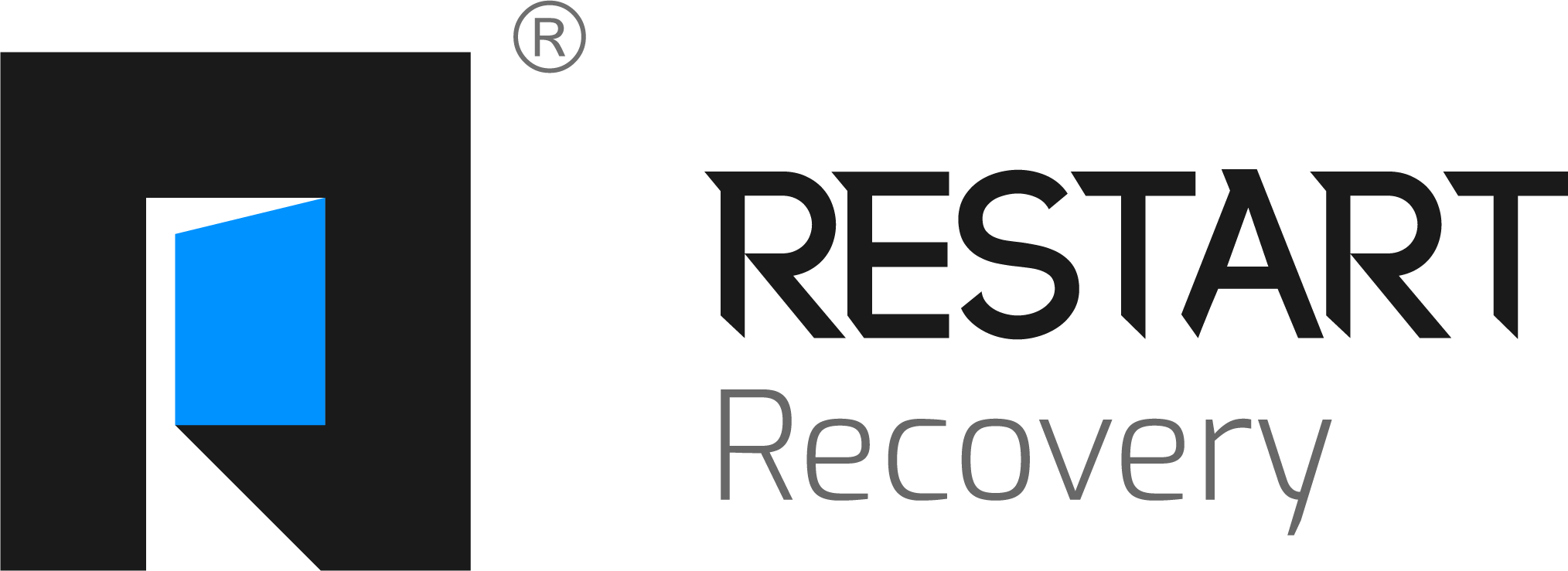What Is a Chosen Family?
- Yasmin Maghsoudloo
- Mar 31, 2025
- 4 min read

What Is a Chosen Family?
Chosen families are often formed to supplement or replace biological families, offering a vital source of connection and support.
These chosen relationships can be especially transformative for LGBTQ+ individuals who may experience rejection, discrimination, or a lack of support from their families of origin. This article explores the benefits of chosen families and practical steps to build these essential connections.
Chosen Families vs. Families of Origin: Support Beyond Blood Ties
While birth families play a formative role in our lives, they don’t always provide the emotional or practical support needed to navigate life’s challenges. Some families cannot accept changing realities or support recovery, particularly when unresolved childhood trauma is a factor, often a root cause of addiction.
In such situations, chosen families provide a crucial alternative.
What Are Chosen Families?
Chosen families, or found families, are formed through mutual choice rather than blood ties. They are built on shared values, experiences, and mutual understanding, offering a refuge from adversity and a sense of belonging that might be missing elsewhere.
Challenges of Chosen Families
Despite their many benefits, chosen families face unique challenges:
Legal recognition: Chosen families often lack legal protections, complicating matters like medical decisions or inheritance. However, some states are increasingly recognizing diverse family structures, including granting sick leave to care for individuals considered “equivalent to family.”
Social stigma: Traditional family norms can lead to misunderstanding or judgment of chosen families.
Interpersonal issues: Like all relationships, chosen families can face disagreements and conflicts.
Despite these obstacles, the support and connection found within chosen families often surpass that of traditional family structures, especially when dealing with mental health or addiction challenges.
The Importance of Chosen Families in LGBTQ+ Communities
Chosen families play an especially critical role for LGBTQ+ individuals. Despite advances in social acceptance, many still face homophobia and familial rejection. Statistics reveal that 39% of queer people experience rejection from family or friends, with only 56% coming out to their mothers and 39% to their fathers.
For those facing rejection, chosen families provide a sense of safety and belonging. Research highlights that biological families are often associated with fear and insecurity in queer communities, while chosen families evoke trust, understanding, love, and commitment.
The concept of chosen family was formalized in the 1970s within the ballroom culture, where LGBTQ+ individuals, particularly trans people and drag performers, lived together, adopted house names, and referred to each other as family.
The Role of Chosen Families for LGBTQ+ Homeless Youth
Chosen families are especially crucial for young LGBTQ+ individuals, who often face homelessness due to family rejection or violence. LGBTQ+ youth make up 40% of the homeless youth population.
For example, Star, a trans woman, shared how her chosen family helped her survive after leaving home. Facing rejection from her family and housing instability, Star found a supportive queer community that connected her to work and shelter, enabling her to rebuild her life.
The Lifeline of Chosen Families
Whether facing homelessness, familial rejection, or a lack of support, chosen families offer an essential lifeline. They provide validation, belonging, and the strength to navigate a world that can often feel isolating. Building a chosen family can be a powerful way to find your place and purpose when traditional family structures fall short.
Benefits of a Chosen Family
Chosen families can profoundly influence various aspects of life, including emotional well-being, personal growth, and resilience.
Emotional Support
Many people seek chosen families because they feel truly seen, accepted, and valued—something they may not have experienced with their family of origin. This sense of belonging creates a safe space for vulnerability, which is essential for healing, especially during mental health or addiction recovery.
Reducing Isolation
While loneliness is a natural part of life, prolonged social isolation can exacerbate mental health conditions like anxiety and depression. Chosen families provide a supportive network, ensuring you’re not alone during life’s challenges and triumphs.
Healing Developmental Trauma
Parents are human and may lack the tools to nurture emotionally secure and mature adults. Many people face developmental trauma as a result. Chosen families can help bridge these gaps, offering the understanding, care, and acceptance that might have been missing in childhood.
Mutual Aid and Practical Support
Chosen families can be a dependable source of tangible help during difficult times, whether through financial assistance, caregiving, or emergency support.
Resilience in the Face of Adversity
For those with a history of complex trauma or minority stress related to sexual orientation or gender identity, chosen families offer unwavering support. This can empower individuals to better navigate life’s challenges with confidence and strength.
Diverse Perspectives
Unlike biological families, chosen families often consist of individuals from diverse backgrounds, offering a richer array of perspectives, experiences, and cultures.
Improving Relationships With Biological Family
Healing generational trauma is a significant challenge, but having the support of a chosen family can make it more manageable. These relationships can also provide a safe foundation for improving connections with biological family members.
As GLAAD contributor Pallas Gutierrez explains:
“Coming out to my birth family is an ongoing process and incredibly scary. Without the support of my found family, I wouldn’t have had the courage to do it. Their unconditional love has significantly shaped my relationship with my birth family.”
A chosen family allows you to show up authentically, honoring your thoughts, emotions, and existence without compromise.
How to Build Your Chosen Family
According to Daniel Blevins, founder of Stand In Pride, building a chosen family begins with assessing the relationships you already have:
Identify people who make you feel safe and supported.
Reflect on who checks in on you, cares about your well-being, and instinctively knows when you’re struggling.
Family Equality, an LGBTQ+ advocacy organization, suggests exploring the following questions:
How do you personally define family?
What does your ideal chosen family look like?
Which family roles are important to you?
What kind of support do you need?
Start by identifying 1-2 friends you’d like to grow closer to and approach those friendships with intentionality. Gradually expand your list to 5-10 people as your relationships deepen and your chosen family grows.





Comments